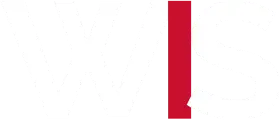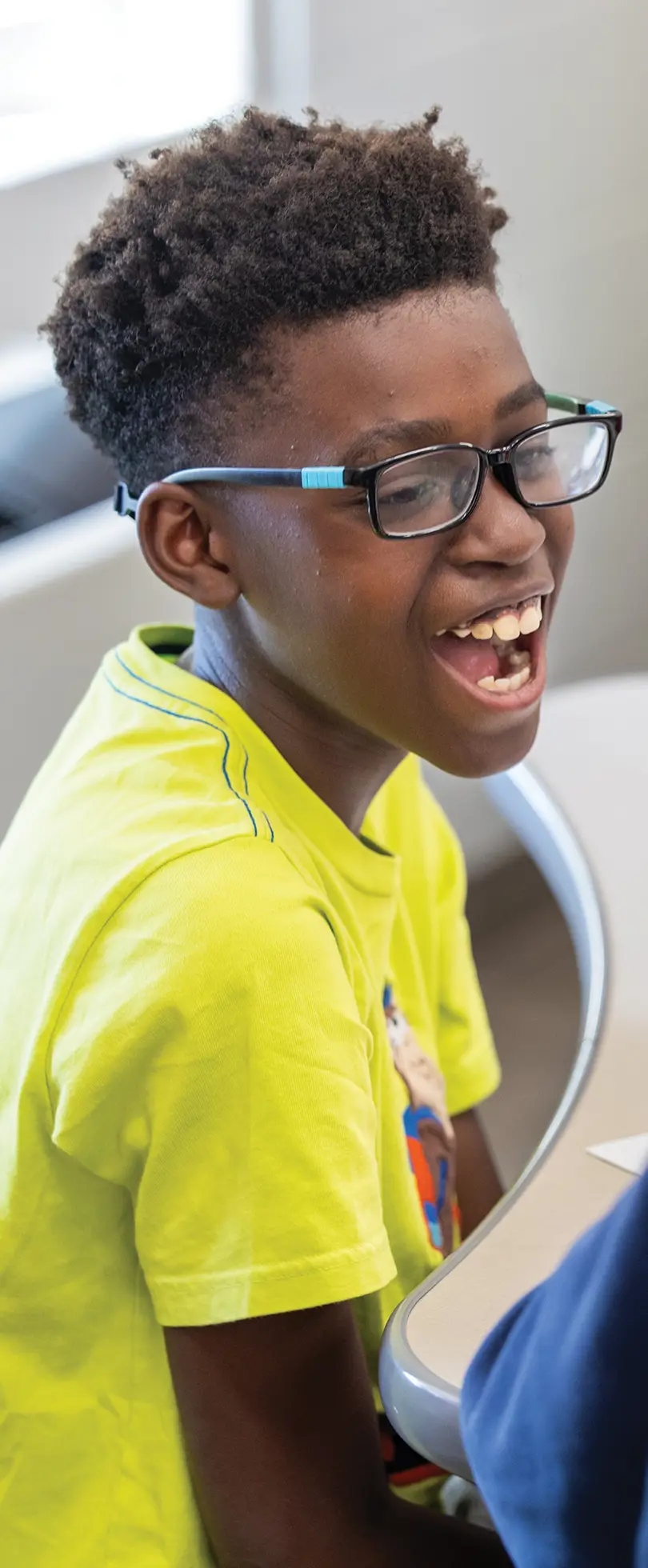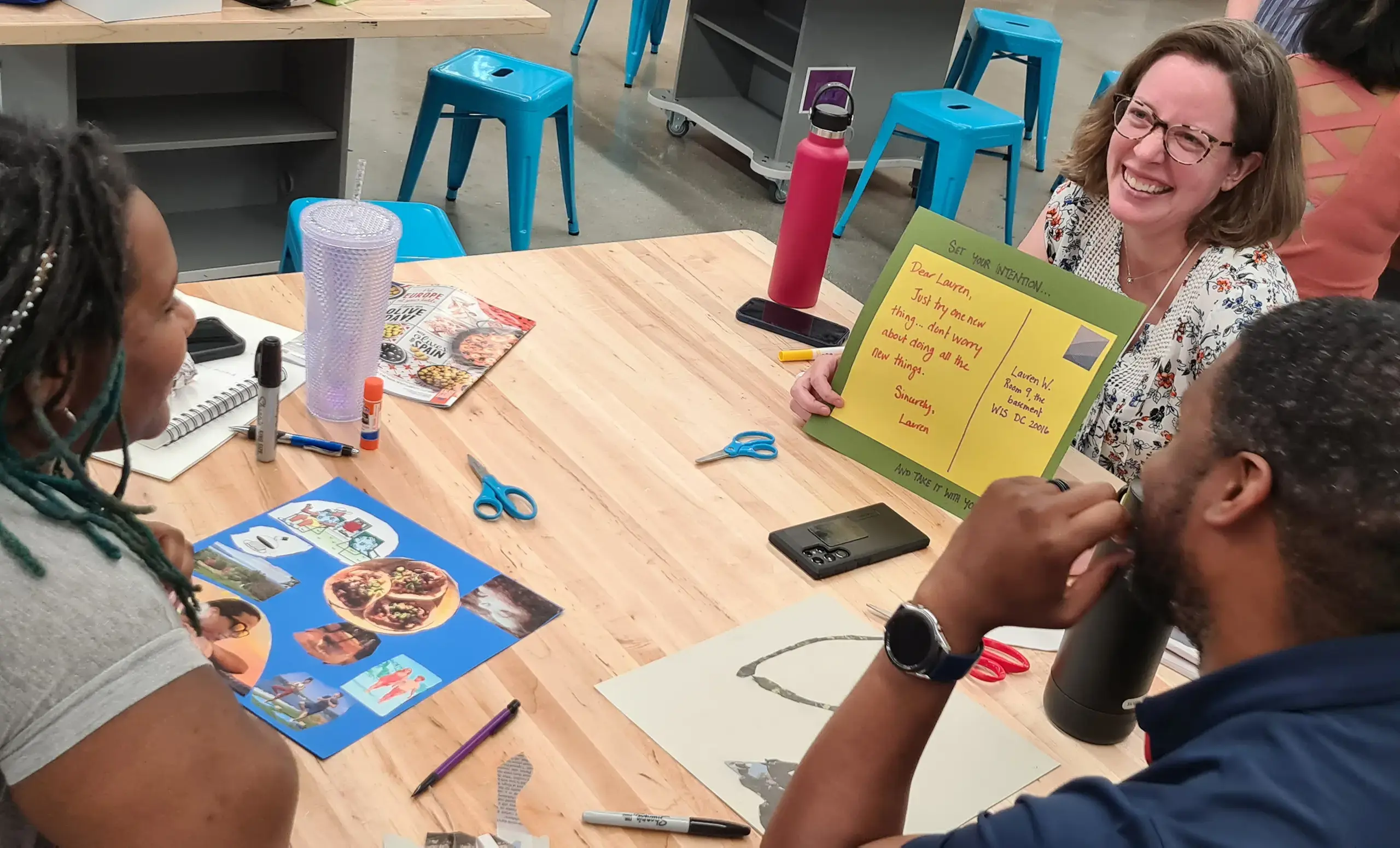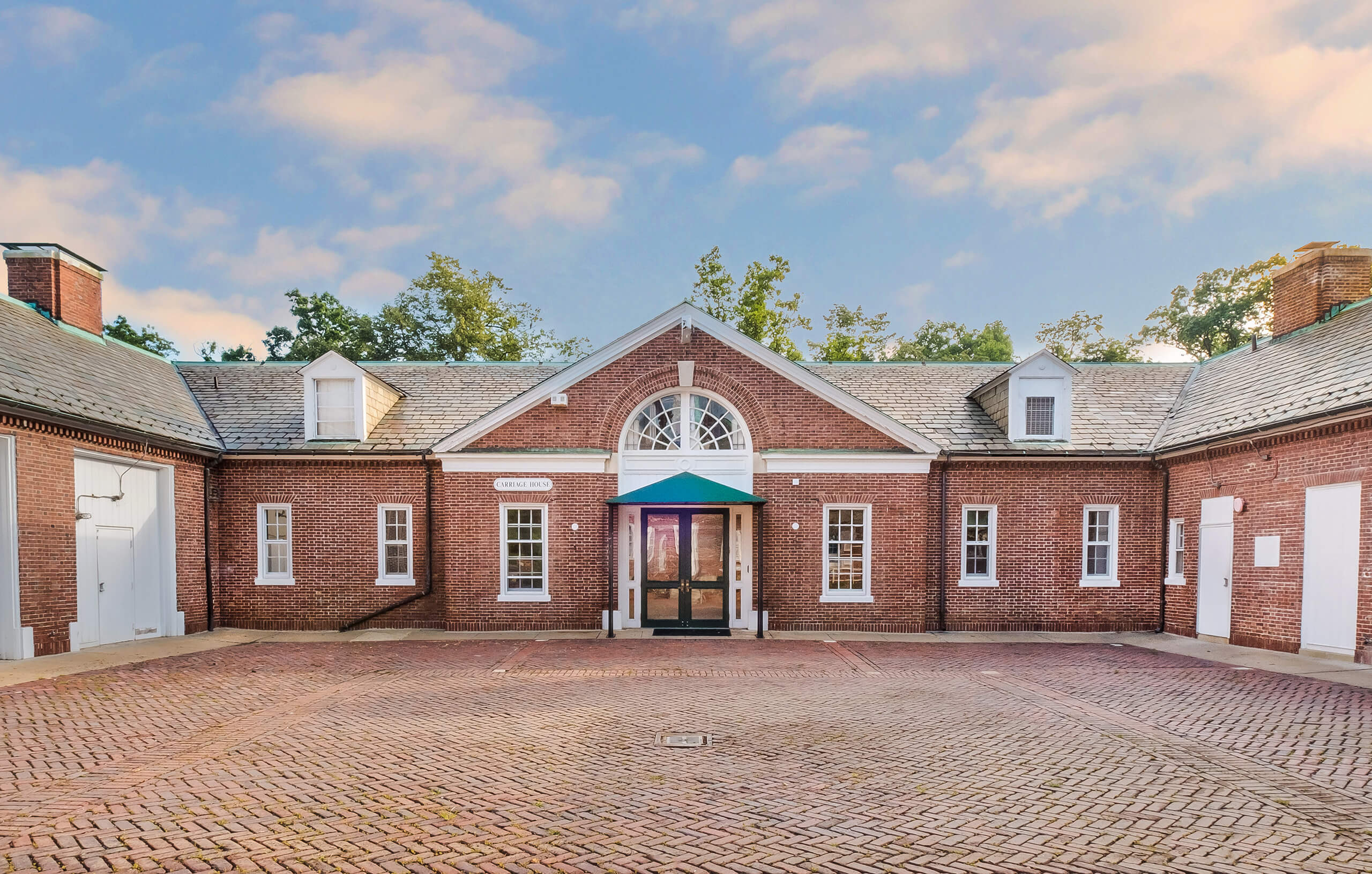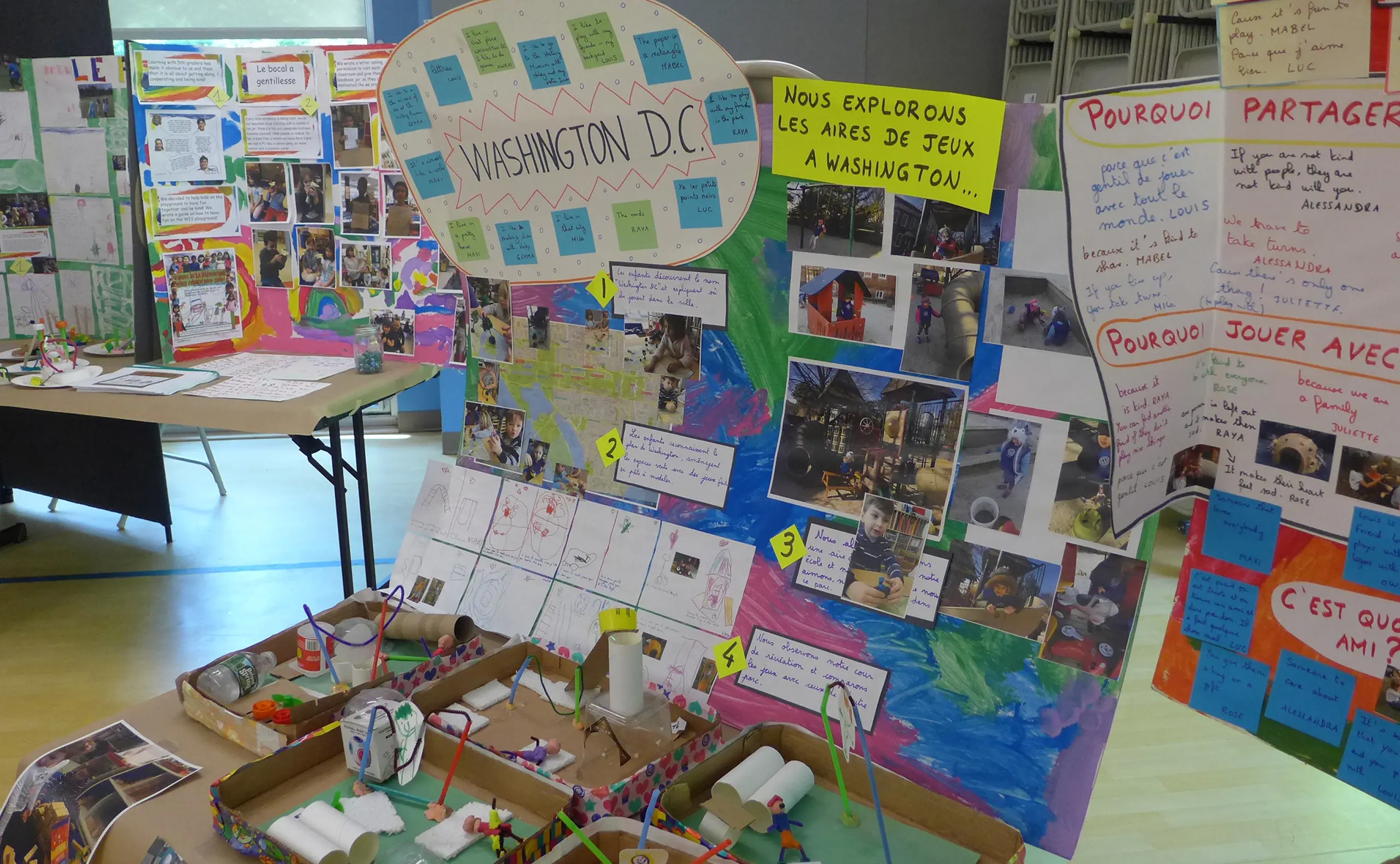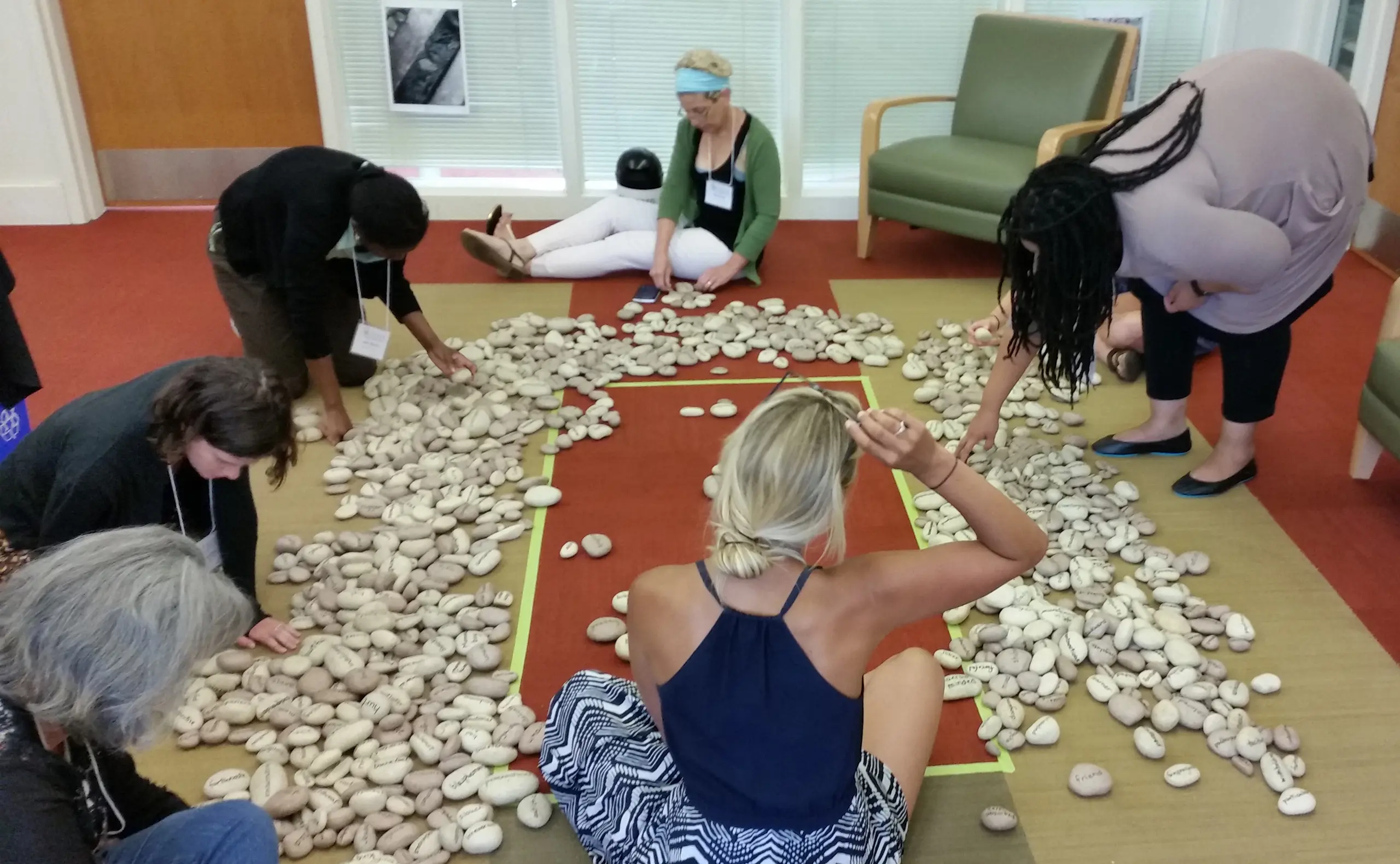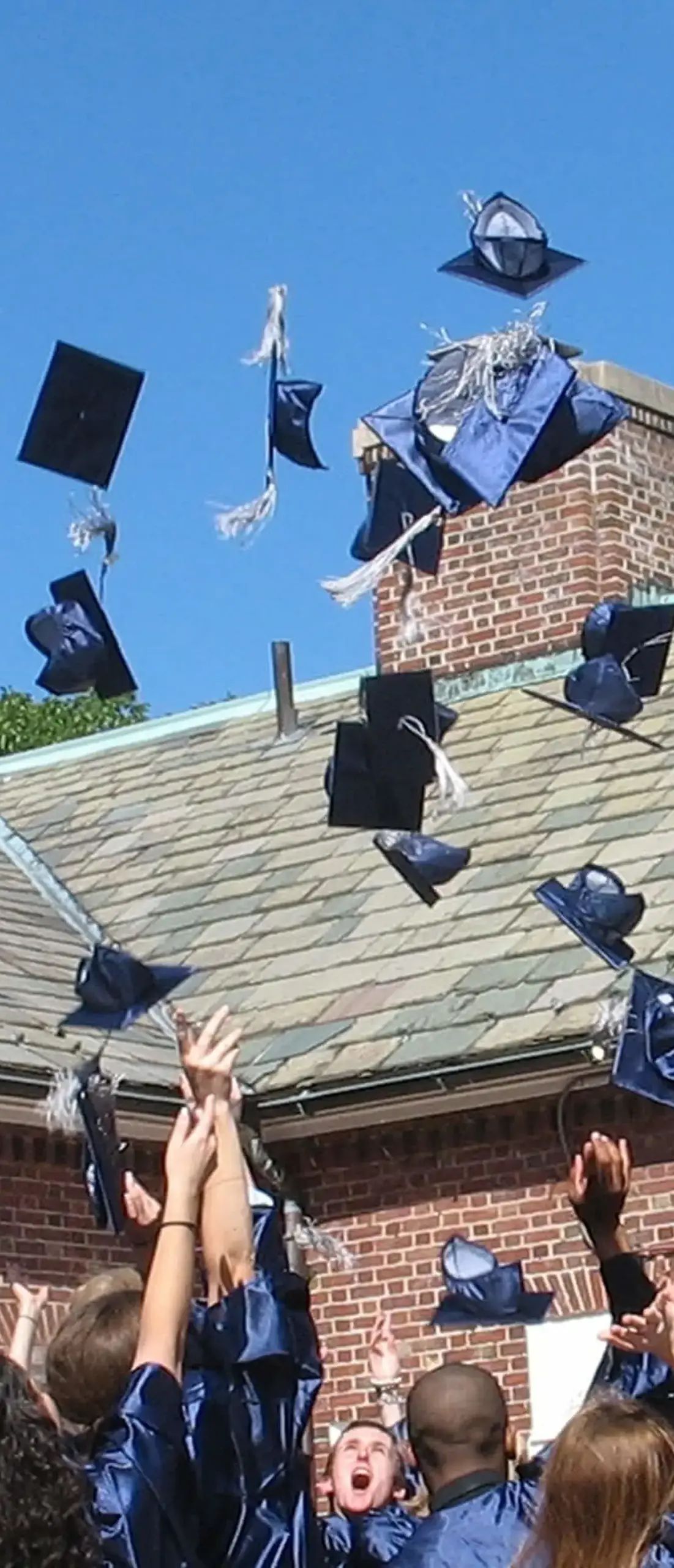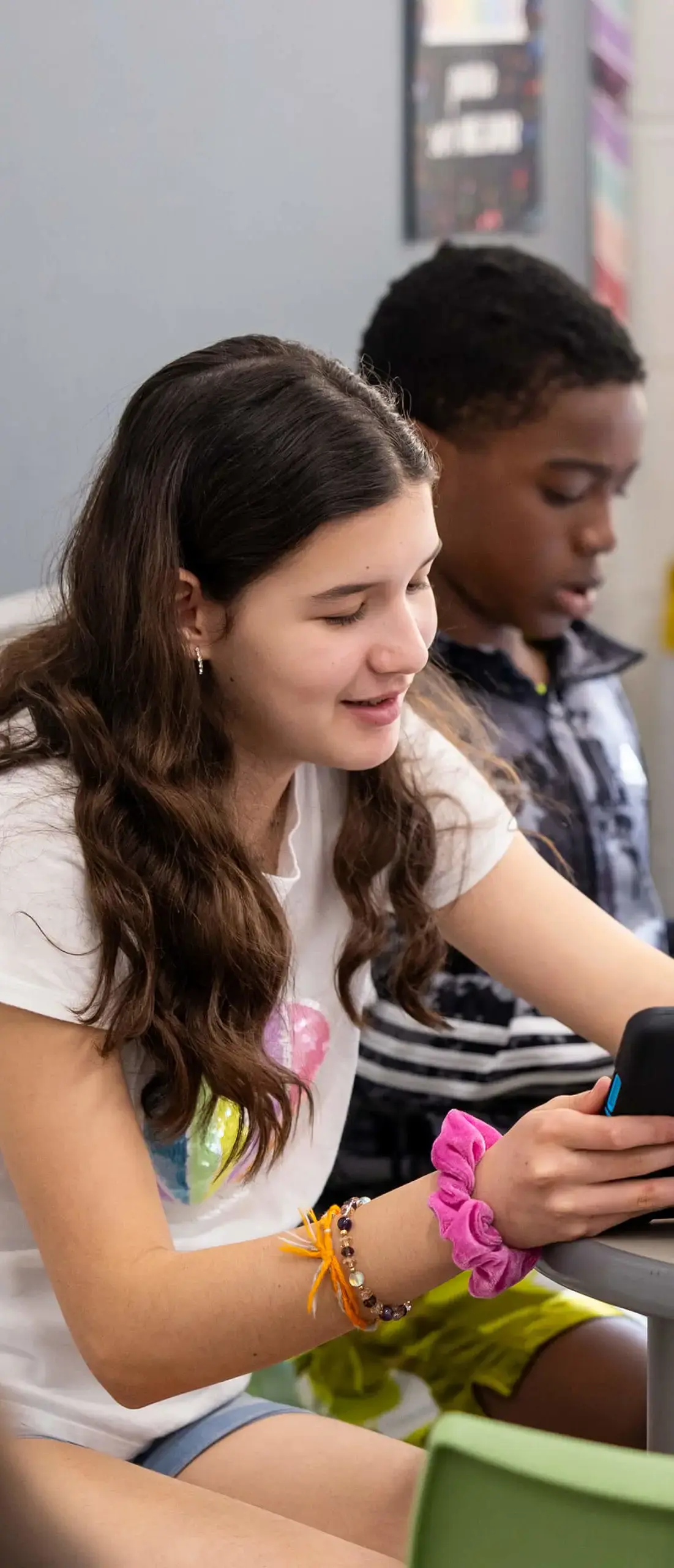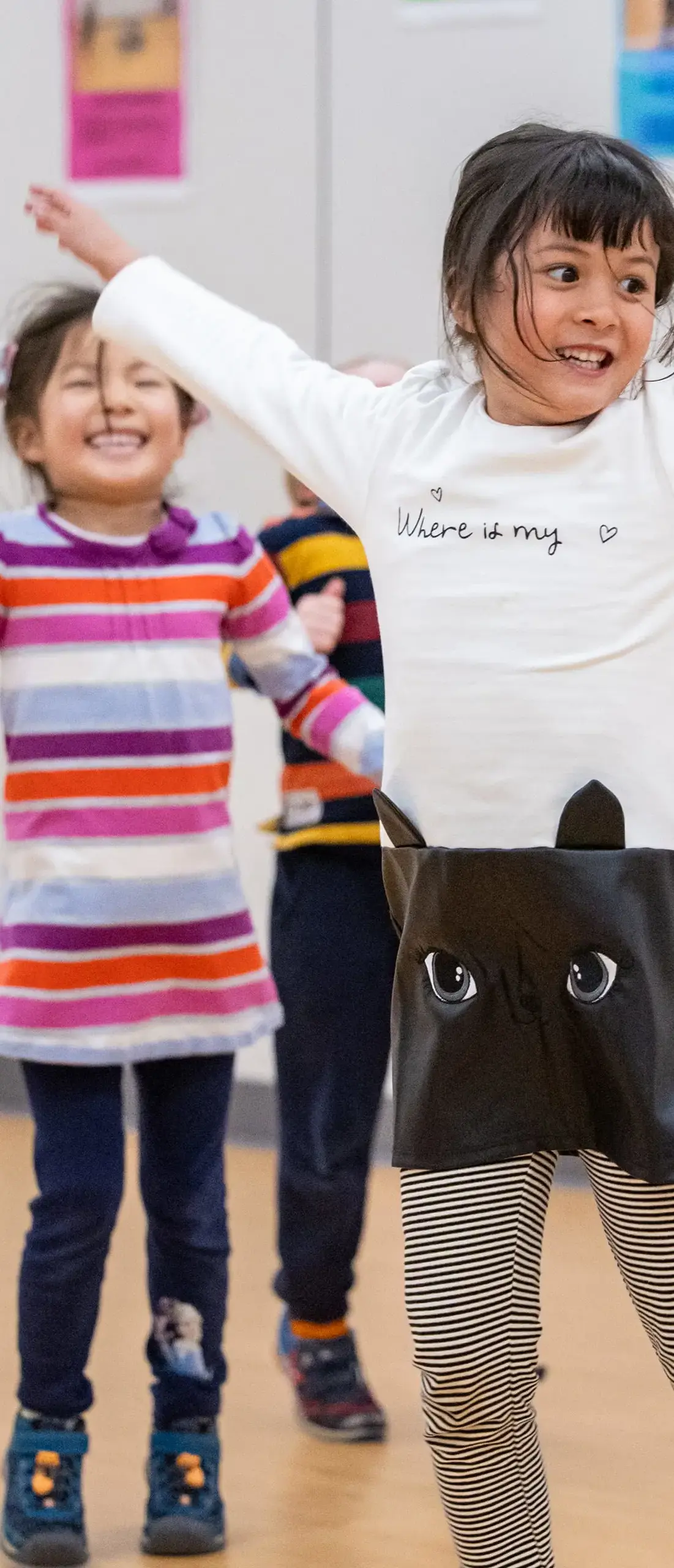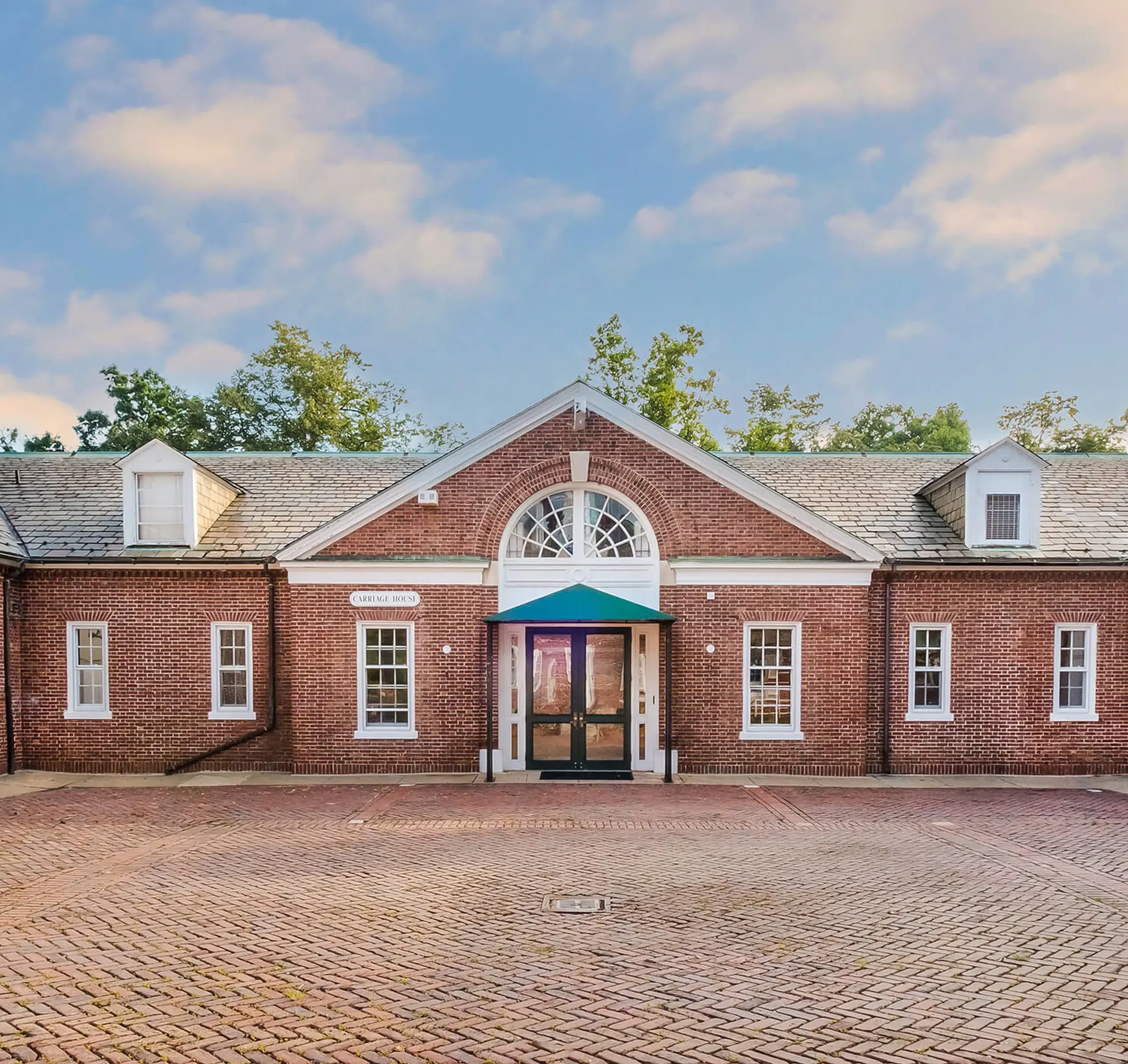The institute asks participants to reflect deeply on how they design and facilitate enriching, rigorous, and relevant learning opportunities for their students and includes both large and small group sessions, each addressing the following strands:
| Building a Culture of Thinking |
|---|
|
| Learning Deeply with Museum Resources |
|
| Encouraging Playful Learning, Creativity, and a “Maker” Mindset |
|
| Fostering Civic Agency in Young People |
|
WISSIT has been made possible by generous support from an EE Ford Foundation Educational Leadership Grant, as well as contributions from a number of organizations and individual donors.
PROFESSIONAL DEVELOPMENT COLLABORATIVE AT WIS
The Professional Development Collaborative at Washington International School (PDC @WIS) aims to enhance the capacity of educators across the Washington, DC, region to create classroom cultures that support deep learning and engage the world. In building upon WIS’s role as a leader in international education, the PD Collaborative’s ultimate goal is to make the nation’s capital city a model for creative thinking and innovation in education, worthy of replication across the country.
The PD Collaborative, launched in 2016, recognizes that educators must strive to build students’ character and to teach for understanding—of meaningful content, of connections across subject areas, of complex global issues. Putting skills and knowledge to use in attempting to solve significant problems is the hallmark of a learner who demonstrates global competence. Our role is three-fold:
- Organize high-quality professional development events;
- Convene educators from all sectors of the educational landscape; and
- Build and sustain a network of committed professionals beyond any single professional development event.
